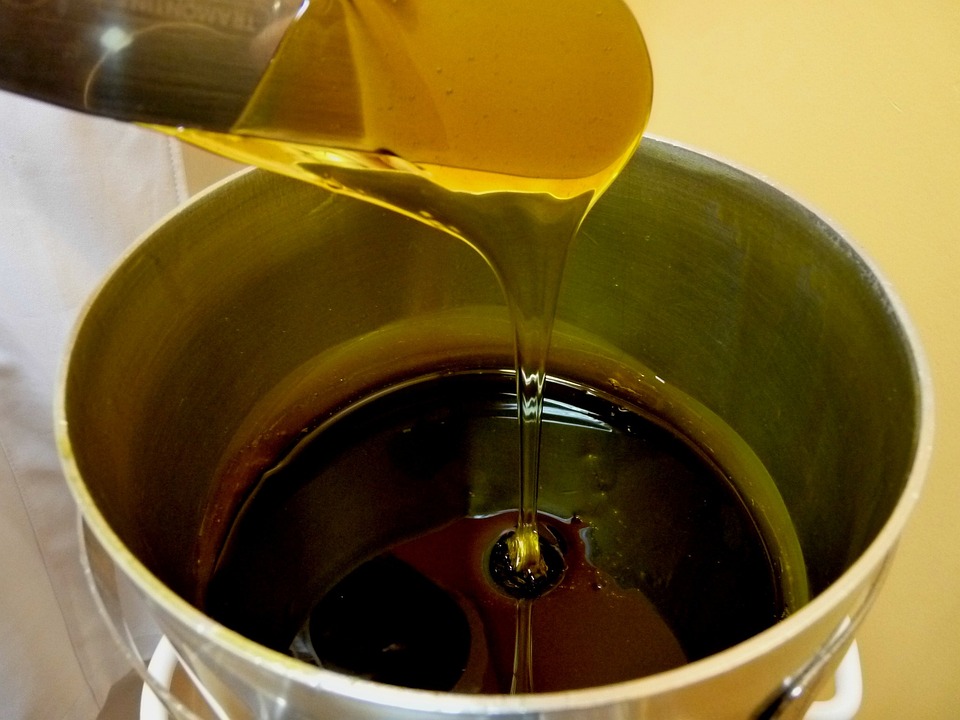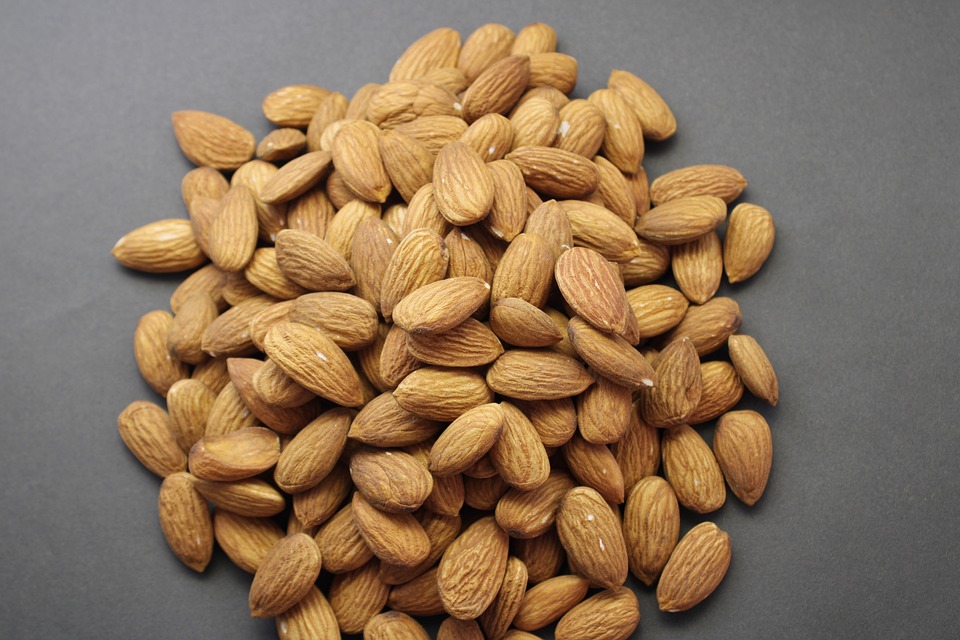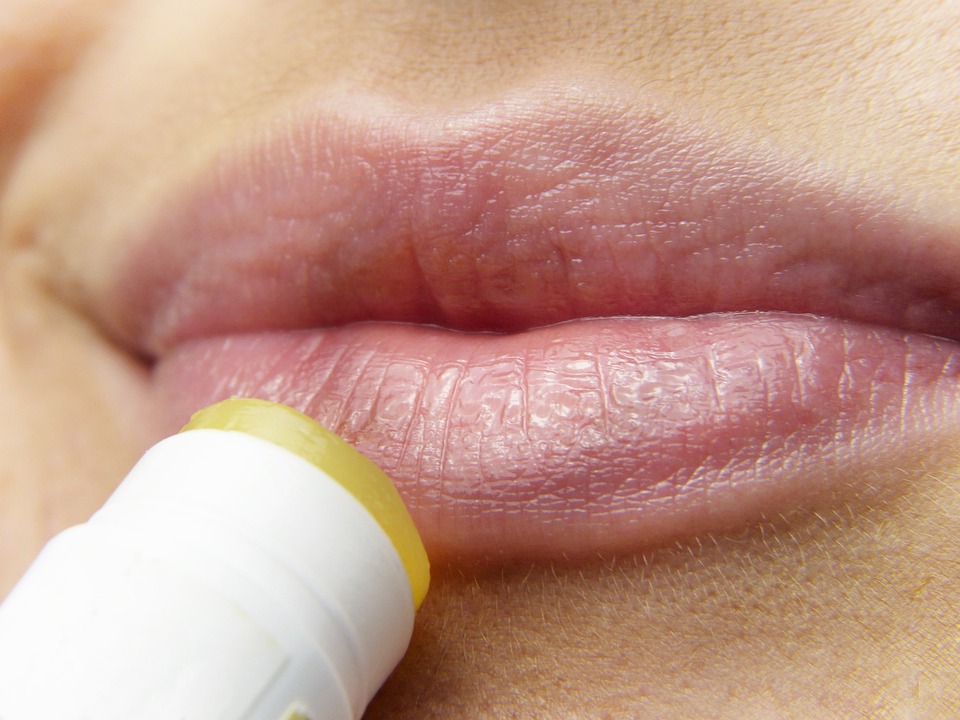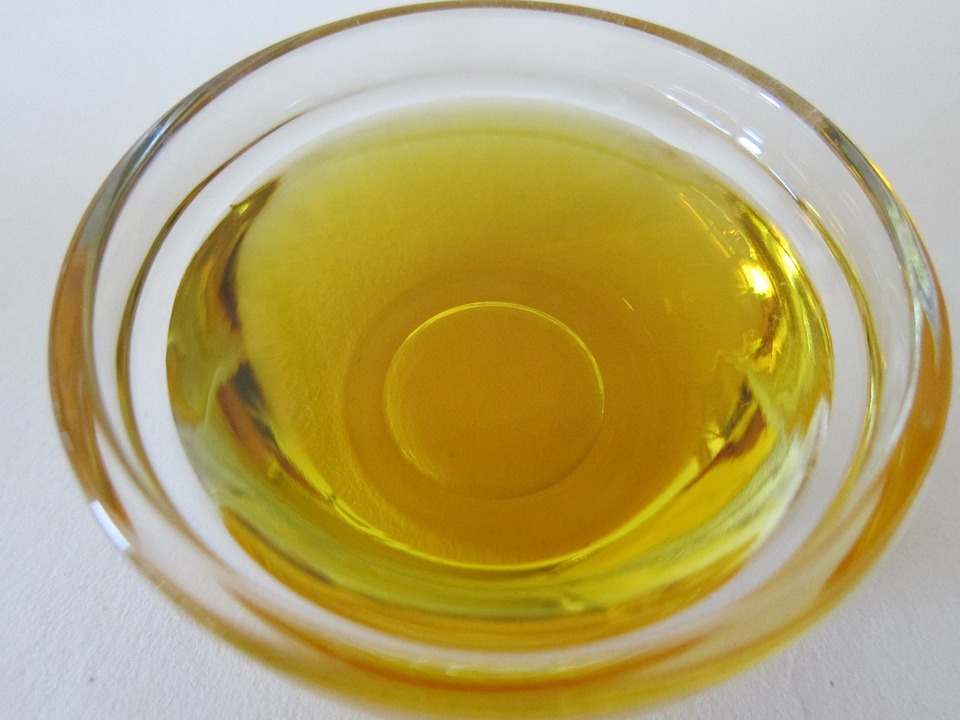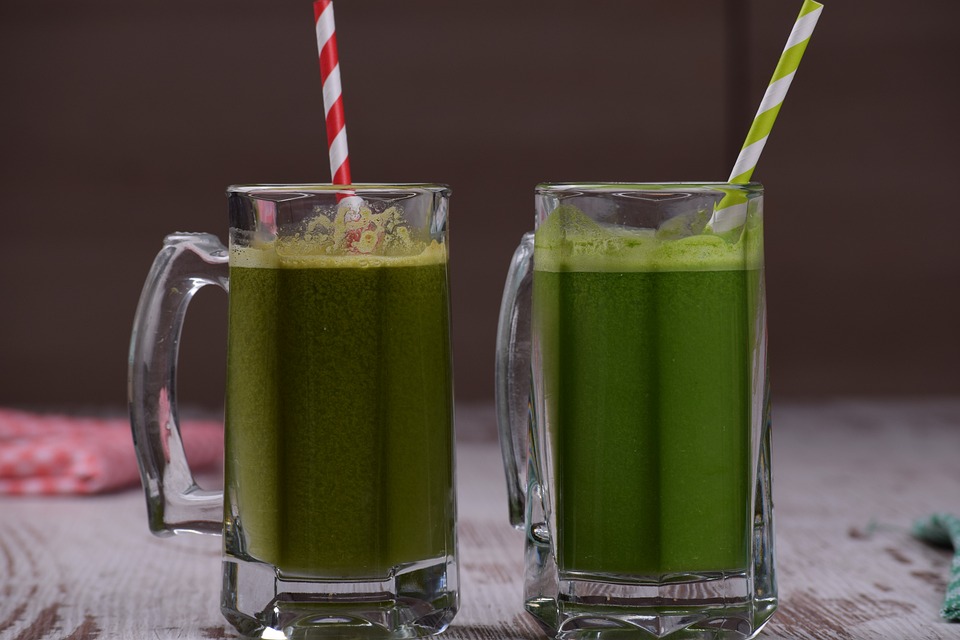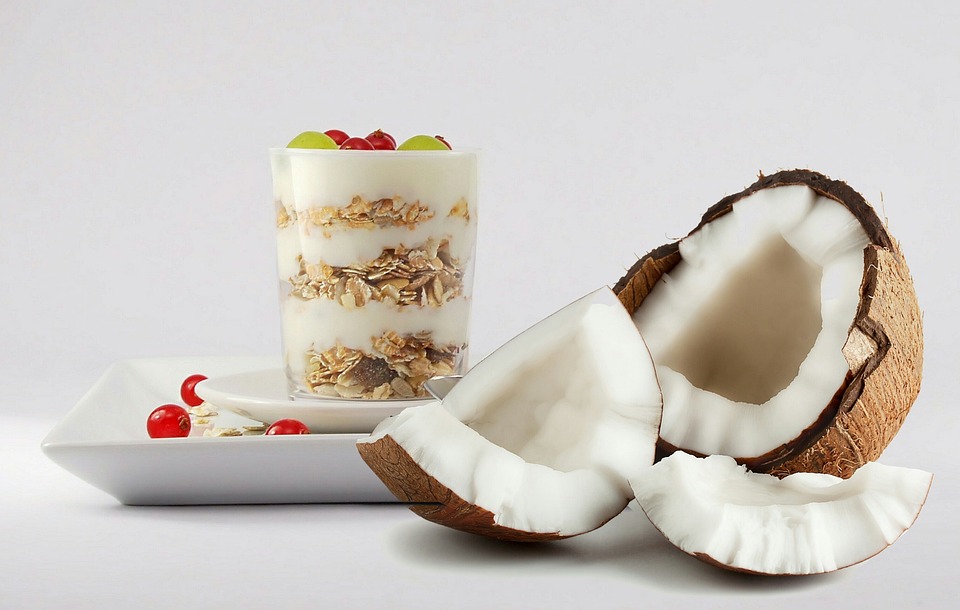
Collagen is one of the most popular ingredients in the wellness world. Some say that it has beauty benefits such as making skin smoother, nails stronger, and hair shinier. Others are into it for gut health perks. It’s been shown that collagen can help improve gut health in a similar way to how it helps improve the health of your skin. This means that it can help improve your digestion. But which type of collagen has the most benefits?
Getting an extra helping of collagen can be confusing. Whether you should buy marine collagen or one derived from animals’ bones and skin depends on what your purpose is for taking collagen. What are the differences between Type 1,2, and 3 supplements that many brands promote on their labels? And what is hydrolyzed collagen?
I interviewed Nick Bitz, ND, a licensed, board-certified naturopathic doctor and collagen expert, to help me understand collagen better. In addition to his work with supplement brand Youtheory, Dr. Bitz is also qualified in botanical medicine and nutritional supplements, making him the ideal person to answer any questions you may have about collagen. After doing some research, I decided to talk to Will Cole, IFMCP, for more information. Will is a leading expert in functional medicine and natural medicine. The article discusses different types of collagen and offers advice on how to purchase collagen that is beneficial.
What are the different types of collagen?
Cole says that collagen contains three different amino acids – hydroxyproline, glycine and proline. It can be found in various sources such as chicken, bovine, fish and eggshell membranes. The different types of collagen can be beneficial for different parts of your health, depending on the source.
Type 1 collagen is the most common collagen in our bodies and it makes up our bones, tendons, and ligaments, Cole says. Type 2 collagen is responsible for the elasticity and strength of cartilage, two properties that are important for optimal joint movement and therefore joint health.
There are three types of collagen: Type 3, which is found in cartilage, connective tissue, and bone marrow; Type 4, which is found primarily in skin; and Type 5, which is key for bone formation and strength.
Which is better: marine or bovine collagen?
“Collagen is collagen is collagen,” Dr. Bitz says. “It’s always the same protein regardless of the source. Right now, there’s not one that’s preferable for human consumption.”
In other words, both bone broth and cod will deliver the benefits of collagen. Dr. Bitz states that collagen is a triple-helix protein, meaning it has three strands wound together to create one strong molecule. It’s a big, complex protein. The makeup of collagen may differ depending on the source, but it has the same structure regardless of where it comes from.
The pros and cons of marine vs bovine collagen are still being debated. According to Cole, marine collagen, which is primarily composed of Type 1 collagen, is very bioavailable due to its small peptide molecules. The only downside is that it is not suitable for people with seafood allergies.
According to Cole, bovine collagen contains a lot of Type 1 and Type 3 collagen, which is good if you want to use both types. He argues that the main downside to using bovine collagen is that it is not as easily absorbed by the body as marine collagen.
Hydrolyzed Collagen, Explained
“It makes the protein smaller and easier for your body to absorb and utilize.” If you’re shopping for collagen supplements, you might come across the term “hydrolyzed.” Dr. Bitz explains that this means the protein has been broken down into smaller pieces using cold enzymes, making it easier for your body to absorb and use. He explains that scientists started adding vitamin C to supplements because it made the supplement easier to absorb than collagen taken in through food. (Again, collagen is a big protein.)
“It may boast a more absorbable product, but that means it may not have as many of the other health benefits that you would get from more natural forms.” Dr. Bitz states that hydrolyzed collagen is a more processed form of collagen. Although it may be more absorbable, it does not have as many other health benefits that are found in natural forms. If a protein is more broken down, it is easier for your body to digest and use it. If you want to start using collagen for medicinal purposes, you may want to consider taking a supplement.
Super collagen is another term for hydrolyzed collagen. This means that Super collagen is a type of collagen that has been specifically designed to be more easily absorbed by the body.
Marketing Gimmicks To Watch Out For
According to Dr. Bitz, the term ‘hydrolyzed collagen’ is legitimate and beneficial, but there are other terms that are used more to deceive consumers. Basically, Type 1 and 3 are the same thing, and Type 2 is a different thing, but the companies want you to think that there are more options than there actually are.
The 9 Best Collagen Supplements of 2022
It is always best to speak with a healthcare professional before adding any supplement to your routine to ensure it is appropriate for your individual needs and what dosage to take.
Best Overall: Vital Proteins Collagen Peptides
Who else recommends it? Three popular health & beauty websites – Forbes, Healthline, and Byrdie – have all picked Vital Proteins Collagen Peptides as one of their top product recommendations.
What do buyers say? 89% of all Amazon reviewers that have rated this product have given it 4 stars or higher.
This protein powder provides you with 20 grams of collagen per two scoops. The collagen peptides in this product come from pasture-raised, grass-fed bovine, and the product is certified kosher. This product also contains vitamin C and hyaluronic acid to improve your skin’s appearance. Vital Proteins is an approved choice from Consumerlab.com. It is also NSF-Certified for Sport, meaning that it meets certain standards for safety and quality. This supplement is compliant with substances prohibited by sports organizations, and the ingredient amounts match those listed on the label. It is also free from gluten, dairy, and sweeteners.
The unflavored protein powder can be added to your coffee, water, smoothies, or soups for additional protein. Flavored versions are also available from Vital Proteins. This collagen supplement contains collagen types I and III to support your skin, hair, and nails.
Best Powder: Besha Natural Collagen Peptides
This collagen powder is a top pick from Consumerlab.com because it is made from the branded ingredient Verisol. This supplement, made from pigs’ collagen, has been tested against a placebo in controlled studies. It has shown some improvement in wrinkles after eight weeks. The powder must be mixed with a beverage, and 2 teaspoons should be used every day. 2.9 grams of collagen can be found in each serving.
This supplement only contains collagen and no fillers or additives. However, if you don’t eat pig products, this product may not be suitable for you because it comes from pigs.
Best Marine Derived: Natural Force Marine Collagen Peptides
If you want collagen peptides that come from the sea, Natural Force Marine Collagen Peptides is a good option. It has 11.1 grams of collagen from wild-caught cod per scoop. This supplement contains type I collagen, which is meant to support your skin, hair, and nails. Type I collagen is the most abundant protein in the human body, and it plays a vital role in maintaining the strength and elasticity of the skin, as well as the health of hair and nails.
We appreciate that Natural Force tests their products to ensure the purity of ingredients and lack of contaminants. This sentence states that each batch of Natural Force Marine Collagen peptides is tested by a third party (Covance) and that this company provides a certificate of analysis for each batch. If you have an allergy to fish, this collagen, which comes from marine sources, is not a good choice for you.
If you’re looking for a protein powder that’s high in collagen, this is a great option. It’s also pure, so you know you’re getting a quality product.
This collagen powder is an approved pick from Consumerlab.com and provides you with 10 grams of collagen per scoop of powder that is dissolvable in liquid. This product contains 90 milligrams of vitamin C, which is 100% of the Daily Value. Vitamin C is important for collagen production. The Bacillus coagulans probiotic strain is found in each serving. This probiotic is safe for most people, but pregnant women, breastfeeding mothers, people taking antibiotics, and people taking other probiotic supplements should speak to a healthcare provider before taking this supplement.
This product contains a blend of five different types of collagen, which are intended to support the health of your skin, hair, nails, joints, and bones. The cows are raised on grass and in pastures, and the supplement they are given is free of GMOs, dairy, nuts, soy, and gluten. Ancient Nutrition Multi Collagen Protein contains several types of collagen, but it also contains fish and eggs, which are common allergens.
Best Capsule: Trunature Healthy Skin Verisol Collagen
Trunature Healthy Skin Verisol Collagen provides 2.5 grams of collagen per four capsules if you prefer to use capsules over powders. This supplement contains Verisol collagen, which has been shown to improve skin health in several placebo-controlled studies. One reason Consumerlab.com rates these capsules as a top pick for skin health from pill form is their ability to improve skin texture.
The recommended dose is four capsules per day. The collagen peptides in this product come from pigs, so it may not be suitable for people who do not eat pig products.
Best Collagen Blend: CB Supplements Multi Collagen Protein
CB Multi Collagen Protein offers both unflavored and flavored varieties of their collagen in powder form. This supplement contains collagen from grass-fed cows, chickens that were not kept in cages, fish that were caught in the wild, and eggshell membranes, providing five types of collagen. This product is NSF Certified for Sport, making it a good choice for athletes. It is also non-GMO and gluten-free.
The suggested dose is 7.8 grams of collagen per 50 pounds of body weight. Unlike other collagen supplements, the amount you should take will depend on your weight. This supplement is more expensive than others, but it offers many benefits.
This supplement contains undenatured type II collagen, which has been shown to be effective in reducing joint pain.
This product contains a type of collagen that has been shown to be effective in reducing joint pain in clinical trials. The supplement provides 40 milligrams of UC-II cartilage, which contains 10 milligrams of collagen. The recommended serving size for this product is one pill per day, taken on an empty stomach before bedtime.
Healthy Origins Natural UC-II supplements come in capsule form, so you cannot mix them into liquids, and it is meant to be taken once daily. ??This product is non-GMO, gluten-free, and is an approved pick from Consumerlab.com. Third-party testing is when an independent organization tests a product to verify that it meets certain standards. Healthy Origins does this for its products, but it is unclear what exactly the testing entails.
The supplement comes in capsule form, and the packaging highlights that the capsule is vegetarian. While the capsule the collagen is cased in is vegetarian, the collagen itself is derived from animal sources.
Best for Athletes: Momentous Collagen Peptides
If you are looking for a collagen supplement and are either an athlete or active individual, Momentous Collagen peptides might be for you. This supplement may help reduce joint pain in healthy athletes if they experience it because it contains FORTIGEL collagen hydrolysate. It’s recommended that you take this collagen supplement one hour before exercise for the best results, but that can be hard to remember.
An NSF certification is a guarantee that the supplement contains what it says it contains and that it is safe for competitive athletes to take. In addition to being Informed-Sport Certified, which tests supplements for hundreds of substances banned for sport, _____.
This food contains 15 grams of protein and over 50% of the daily value of vitamin C to promote collagen production. The 60 milligrams of sodium is a small amount, but it may help replenish some of the sodium that is lost in sweat.
Best Liquid: Vital Proteins Vital Collagen Water Lemon Slice
If you want a collagen supplement that is easy to take and doesn’t require any mixing or pills, liquid collagen might be a good option. We like Vital Proteins Collagen Water because it is a healthy drink option that contains a good amount of collagen and does not have any artificial ingredients. The lemon slice flavor contains only water that has been filtered through reverse osmosis, lemon juice, and collagen peptides.
Some of the other flavors that are available include lemon ginger, blackberry hibiscus, and strawberry lemon. These flavors are lightly sweetened with either fruit juice or monk fruit extract. All of the flavors have 3 grams of sugar or less and no artificial flavors or sweeteners. Although the waters contain a hint of flavor, some people may find it to be too weak. If you find the flavor of collagen water to be too weak, you can add it to smoothies or other beverages.
This drink has the same bovine collagen peptides as our best overall pick. The powder is NSF sport-certified and ConsumerLab.com approved, but it’s not clear if the collagen water has been third-party tested. This liquid collagen has only half the amount of collagen per serving in comparison to the collagen peptide powder form.
Who May Not Benefit from Collagen Supplements
Collagen supplements are generally well tolerated. Some people report mild symptoms, including gastrointestinal upset, headaches, dizziness, insomnia, lack of appetite, itchy skin, and canker sores. Other people report more severe symptoms, such as chest and abdominal pain, shortness of breath, irregular heartbeat, extreme dizziness, lack of energy, and purple or red spots on the skin.
- Those with a history of kidney stones: Though it has not been proven, it is theoretically possible that consuming collagen supplements in high doses may increase the risk of kidney stones. If you have a history of kidney stones, it is best to consult with your healthcare provider before using collagen supplements.
- Those with certain dietary restrictions: Collagen supplements are derived from animal sources. If you are vegan or vegetarian or refrain from eating certain animals, you should avoid collagen supplements.
- Those with certain allergies: If you have allergies to fish, shellfish, or eggs, you should avoid collagen supplements derived from fish sources or eggshell membranes.


